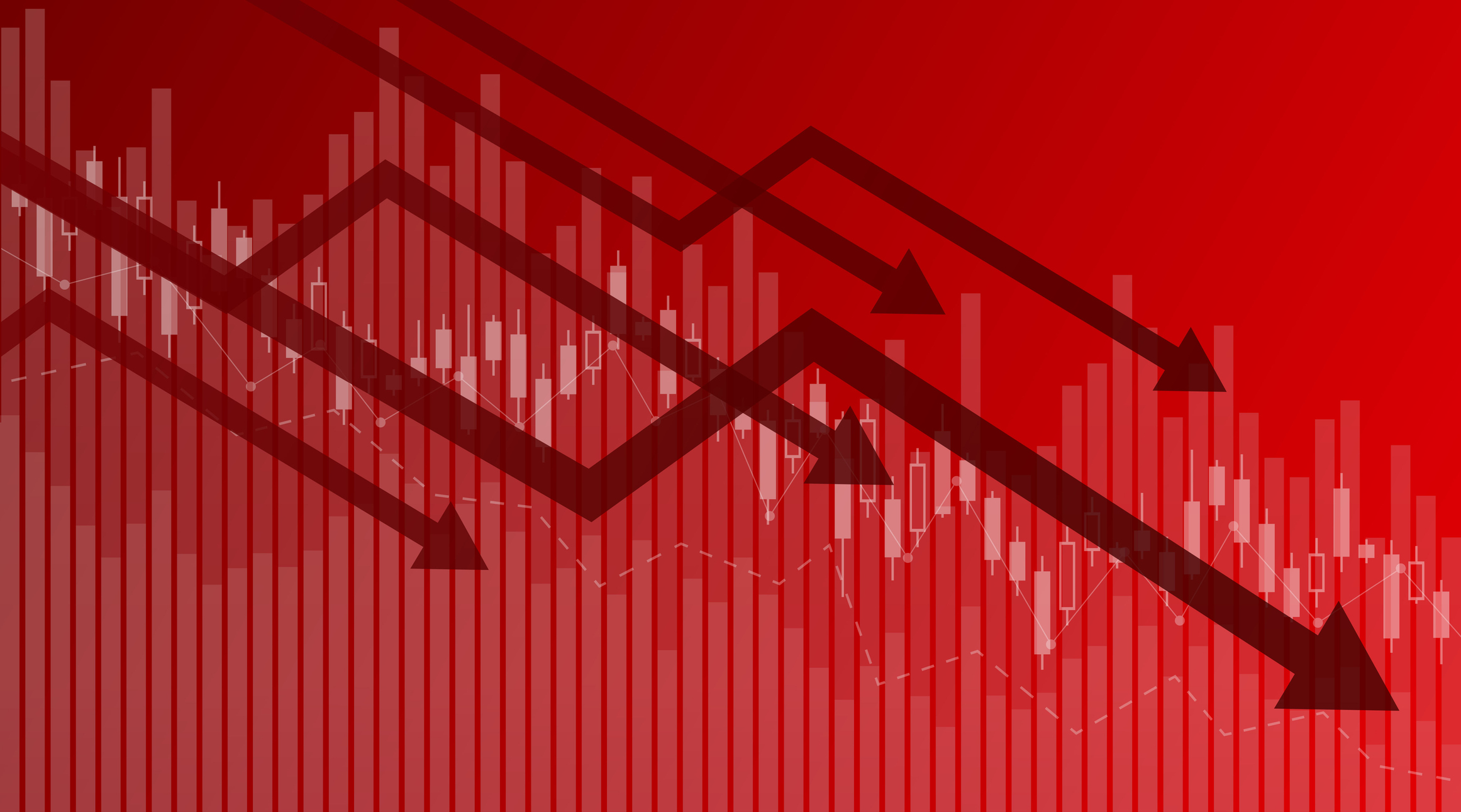Profit and prosper with the best of Kiplinger's advice on investing, taxes, retirement, personal finance and much more. Delivered daily. Enter your email in the box and click Sign Me Up.
You are now subscribed
Your newsletter sign-up was successful
Want to add more newsletters?
Money raised by MasterCard’s May 25 initial public offering: $2.4 billion. Reduced risk of legal liability through stock sale: Priceless. Just like the commercials, that may overstate the case. But in the view of some analysts, the decision to go public could insulate MasterCard from charges leveled by disgruntled merchants.
The Purchase, N.Y., company confronts antitrust lawsuits from merchants angry over rising fees they must pay when customers whip out their MasterCards. Morgan Keegan analyst Robert Dodd estimates that the company’s liability from litigation could amount to $3.7 billion after taxes, or about $26 a share. Craig Maurer, an analyst with Fulcrum Research, cautions that "unfavorable rulings could permanently lower revenues and profitability." Neither analyst expects the legal issues to be resolved this year.
MasterCard is the middleman between 750 million branded credit and debit cards and the 24 million locations that accept them. The company authorizes, clears and settles transactions on its proprietary payment network. In a typical $100 transaction, MasterCard keeps 10 cents, the bank that issued the card keeps $1.50 and the merchant receives $98, Maurer estimates. MasterCard generates revenue primarily from these fees.
From just $107.88 $24.99 for Kiplinger Personal Finance
Become a smarter, better informed investor. Subscribe from just $107.88 $24.99, plus get up to 4 Special Issues

Sign up for Kiplinger’s Free Newsletters
Profit and prosper with the best of expert advice on investing, taxes, retirement, personal finance and more - straight to your e-mail.
Profit and prosper with the best of expert advice - straight to your e-mail.
But merchants who accept MasterCard are unhappy. Many feel that the banks and MasterCard, which set the price for the payment network, have colluded against them. Selling shares to the public enables MasterCard to "distance itself from (collusion) allegations," Maurer says. After the IPO, public shareholders own 46% of the company, banks control 44% and the MasterCard Foundation holds 10%.
The legal cloud over MasterCard has not dampened investor enthusiasm for its stock (symbol MA). The shares opened at $39, climbed to as high as $46.74 and closed Tuesday at $44. The stock trades at 15 times the $2.77 per share that Dodd and Maurer, on average, expect MasterCard to earn this year. Despite the risk of serious courtroom drama, Dodd rates the stock an "outperform" and Maurer calls shares a "buy." MasterCard should benefit as the world shifts from paper checks to plastic cards, they say.
MasterCard runs second to its larger rival, Visa, in most markets. But Maurer expects the number of dollars that flow through MasterCard’s network to increase by at least 12% this year and next.
--Thomas M. Anderson
Profit and prosper with the best of Kiplinger's advice on investing, taxes, retirement, personal finance and much more. Delivered daily. Enter your email in the box and click Sign Me Up.
-
 Americans, Even With Higher Incomes, Are Feeling the Squeeze
Americans, Even With Higher Incomes, Are Feeling the SqueezeA 50-year mortgage probably isn’t the answer, but there are other ways to alleviate the continuing sting of high prices
-
 Hiding the Truth From Your Financial Adviser Can Cost You
Hiding the Truth From Your Financial Adviser Can Cost YouHiding assets or debt from a financial adviser damages the relationship as well as your finances. If you're not being fully transparent, it's time to ask why.
-
 How to Manage a Disagreement With Your Financial Adviser
How to Manage a Disagreement With Your Financial AdviserKnowing how to deal with a disagreement can improve both your finances and your relationship with your planner.
-
 If You'd Put $1,000 Into Caterpillar Stock 20 Years Ago, Here's What You'd Have Today
If You'd Put $1,000 Into Caterpillar Stock 20 Years Ago, Here's What You'd Have TodayCaterpillar stock has been a remarkably resilient market beater for a very long time.
-
 I'm a 55-Year-Old Dad. Here’s How My 28-Year-Old Daughter Showed Me That AXP Is Still a Solid Investment
I'm a 55-Year-Old Dad. Here’s How My 28-Year-Old Daughter Showed Me That AXP Is Still a Solid InvestmentAmerican Express stock is still a solid investment because management understands the value of its brand and is building a wide moat around it.
-
 If You'd Put $1,000 Into AMD Stock 20 Years Ago, Here's What You'd Have Today
If You'd Put $1,000 Into AMD Stock 20 Years Ago, Here's What You'd Have TodayAdvanced Micro Devices stock is soaring thanks to AI, but as a buy-and-hold bet, it's been a market laggard.
-
 If You'd Put $1,000 Into UPS Stock 20 Years Ago, Here's What You'd Have Today
If You'd Put $1,000 Into UPS Stock 20 Years Ago, Here's What You'd Have TodayUnited Parcel Service stock has been a massive long-term laggard.
-
 How the Stock Market Performed in the First Year of Trump's Second Term
How the Stock Market Performed in the First Year of Trump's Second TermSix months after President Donald Trump's inauguration, take a look at how the stock market has performed.
-
 Visa Stamps the Dow's 398-Point Slide: Stock Market Today
Visa Stamps the Dow's 398-Point Slide: Stock Market TodayIt's as clear as ever that President Donald Trump and his administration can't (or won't) keep their hands off financial markets.
-
 If You'd Put $1,000 Into Lowe's Stock 20 Years Ago, Here's What You'd Have Today
If You'd Put $1,000 Into Lowe's Stock 20 Years Ago, Here's What You'd Have TodayLowe's stock has delivered disappointing returns recently, but it's been a great holding for truly patient investors.
-
 If You'd Put $1,000 Into 3M Stock 20 Years Ago, Here's What You'd Have Today
If You'd Put $1,000 Into 3M Stock 20 Years Ago, Here's What You'd Have TodayMMM stock has been a pit of despair for truly long-term shareholders.